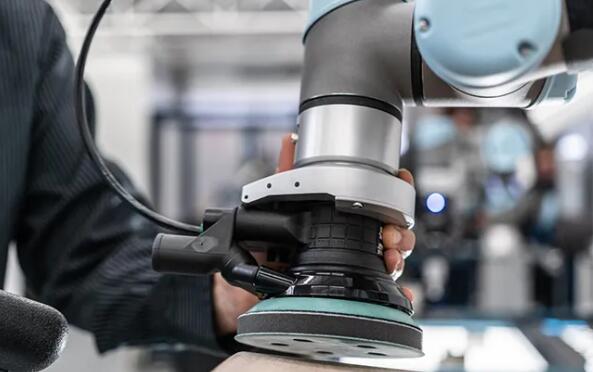What is precision surface finishing?
Precision surface finishing, also known as precision surface treatment or surface finishing, refers to a set of specialized processes and techniques used to enhance the quality and functionality of a material's surface. It involves the controlled modification and improvement of a surface's characteristics, such as its texture, appearance, corrosion resistance, durability, and performance, to meet specific engineering, aesthetic, or functional requirements.
The objectives of precision surface finishing can vary depending on the industry and application. Here are some common goals and techniques associated with precision surface finishing:
Improved Surface Smoothness: Precision surface finishing is often used to reduce roughness and irregularities on a material's surface. This can lead to smoother and more aesthetically pleasing surfaces, as well as enhance the material's performance in applications where friction or wear is a concern.
Surface Hardening: Some processes aim to increase the hardness of the surface layer, making the material more resistant to wear, abrasion, and scratching. Techniques like carburizing or nitriding can be used to achieve this.
Corrosion Protection: Precision surface finishing can include the application of protective coatings, such as plating, anodizing, or powder coating, to enhance a material's resistance to corrosion, extending its lifespan and durability.

Surface Cleaning: Removal of contaminants, oxide layers, or impurities from a material's surface is essential in various industries, particularly in electronics and semiconductor manufacturing, where even minor impurities can affect performance.
Surface Coating: The application of specific coatings, like lubricants, anti-reflective coatings, or anti-fouling coatings, can modify the material's surface properties to suit its intended use.
Surface Texture Control: Precision surface finishing can achieve specific surface textures, such as matte, gloss, or microtextures, to meet design and aesthetic requirements.
Dimensional Accuracy: In precision manufacturing, achieving tight tolerances on the surface finish is crucial for parts that require high precision, such as aerospace components or medical devices.
Chemical Etching: This surface finishing process selectively removes material from the surface using chemical solutions, enabling the creation of intricate patterns or microstructures on the material's surface.
Polishing and Buffing: These mechanical processes involve abrasion to create a smooth, reflective surface finish, commonly seen in decorative items and automotive components.
Laser Surface Treatment: Lasers are used to modify the surface properties of materials by heating or vaporizing the surface, which can improve adhesion, alter material properties, or create precise patterns.
Precision surface finishing is applied in various industries, including:
Manufacturing: In manufacturing, precision surface finishing is essential for producing high-quality parts and components. It is used to improve the surface finish of gears, bearings, and other machine components, ensuring they operate smoothly and efficiently.
Automotive: Precision surface finishing plays a vital role in the automotive industry, where it is used to enhance the aesthetics and durability of vehicle exteriors and interiors, as well as improve engine components' performance.
Electronics: The semiconductor and electronics industries rely on precision surface finishing to clean and prepare silicon wafers and other components to ensure the reliability and performance of microelectronics.
Aerospace: In aerospace engineering, precision surface finishing is crucial for ensuring the integrity and performance of aircraft components, as well as reducing drag on aircraft surfaces.
Medical Devices: Medical devices, such as implants and surgical instruments, require precise surface finishes to minimize the risk of infection and ensure biocompatibility.
Optics: Precision surface finishing is fundamental in the optics industry to create lenses, mirrors, and other optical components with specific optical properties and surface quality.
In conclusion, precision surface finishing is a diverse field that encompasses various techniques aimed at enhancing the quality, performance, and aesthetics of materials. Whether in manufacturing, automotive, electronics, aerospace, medical, or optical industries, GD HUB precision surface finishing is integral to achieving the desired characteristics and functionality of materials and components.
322
0
0

Comments
All Comments (0)